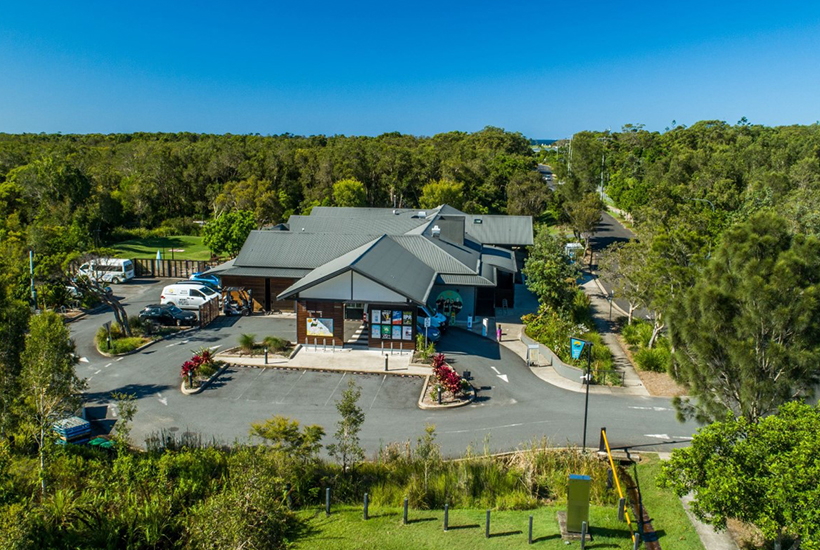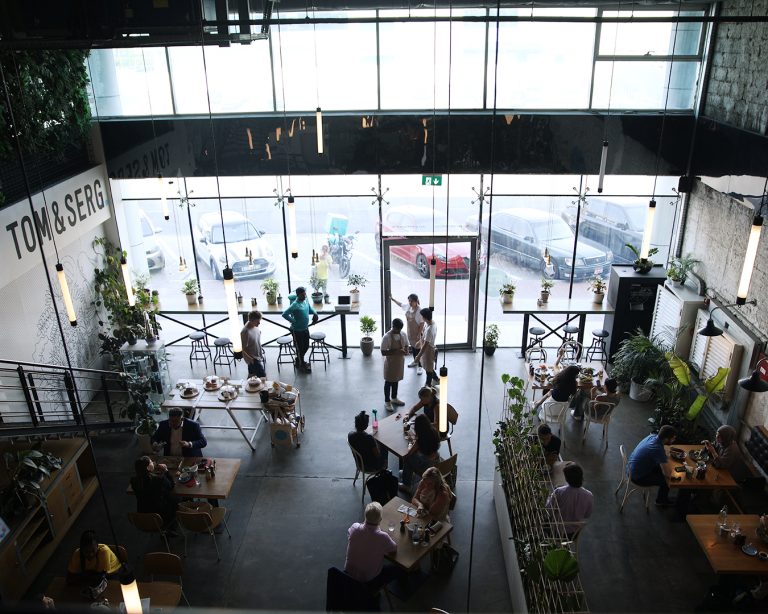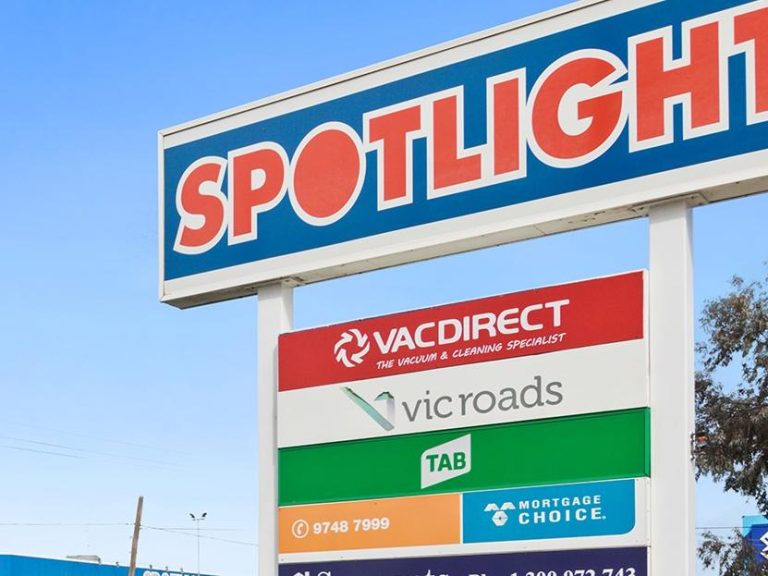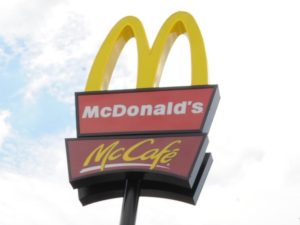Investors thirsty for pubs in regional Australia look north

Along with a reportedly increasing number of city-weary Australians, it seems commercial property investors are also eyeing a “move to the country” in 2021.
Industry experts report solid interest in the pub sector across many regional areas, with Queensland’s in particular proving popular because of affordability, climate, perceived relative safety from the pandemic and a predicted post-lockdown migration boom.
Add historically low interest rates to the mix and it’s a “perfect recipe for buyers to invest their money”, according to Ray White Commercial Gold Coast director Greg Bell, who said interest from interstate is currently “massive”.
“As a result of the COVID-19 pandemic, there’s more interest than ever before in the Sunshine State, with pubs and taverns with coastal links proving to be like gold dust. Queensland is providing an environment that we’ve simply never seen,” Mr Bell said.

Investors are keen to purchase pubs like The Sun Hotel in Byron Bay as they are seen as a stable source of revenue. Picture: CBRE
A case in point is the recent sale of the “best little pub in the cane fields”, the Jacobs Well Bayside Tavern, located between Brisbane and the Gold Coast.
Mr Bell and his team sold the freehold to a Sydney-based investment company for $8.5 million, after more than 130 expressions of interest.
He said the sale continued a trend that has “seen investors from southern states pour money into the Queensland regions with the Gold Coast, Sunshine Coast and now Bayside particularly popular.”
Investing in “the heart of the community”
With more than 20 deals in the pipeline, CBRE’s national pubs director Paul Fraser agreed the demand for regional Queensland pubs is strong and set to remain that way for “the foreseeable future”.
“It’s absolutely right to say there is quite a bit of demand for these assets, especially in locations that can be easily accessed from major centres,” he said.
A philosophical shift is seeing investors and publicans “look further than the CBD they know and that normal way of life”.
“Post-lockdown and border closures, people know that in Queensland, the venues that bounced back the quickest and best were regional pubs outside CBDs. A good pub is the heart of the community, so can be a brilliant investment,” Mr Fraser said.
Byron Bay a “captive market”
Further south, in regional New South Wales, CBRE expects strong interest in a new pub listing, Byron Bay’s The Sun Hotel.
The hotel, which hit the market last week, occupies a 7,653sqm freehold landholding. It includes a full hotel licence, bistro, drive-thru bottle shop, TAB and separate bar, with a broad range of land uses permissible given a B4 mixed-use zoning.
“Located in Byron Bay’s burgeoning North Beach, the asset has a captive market, no immediate competition and is situated in a significant growth corridor,” Mr Fraser said.
“We are very confident that we will attract interest, not only from traditional hospitality groups but also from high-net worth individuals, both domestically and internationally.”
The hotel is being offered by expression of interest, set to close on 30 March, unless sold before.
The listing comes on the back of several other prominent northern NSW sales, including Bower Byron Bay, Byron at Byron, Byron Bay Beach Hotel, The Farm Byron Bay and the recently announced sales of the Lennox Hotel and the Byron Bay Backpackers.
More than just “an income play”
Dr Shane Geha, managing director of Sydney-based EG Advisory and Urban Planning, and adjunct professor at the University of New South Wales, said the appeal of pubs is clear.
“They are income-generating assets, so in a very-low interest environment, like the one we are in currently, they provide returns on capital that are well in excess of the current zero-risk rate sitting at zero,” he said.
More broadly though, pubs can be a property play, rather than just an income play, Dr Geha said.
“Pubs often sit on very attractive and sizeable portions of land, which through their locational attributes, lend themselves to gentrification. Here, the land price simply becomes so attractive that the land is rezoned to new uses for coming generations.”







